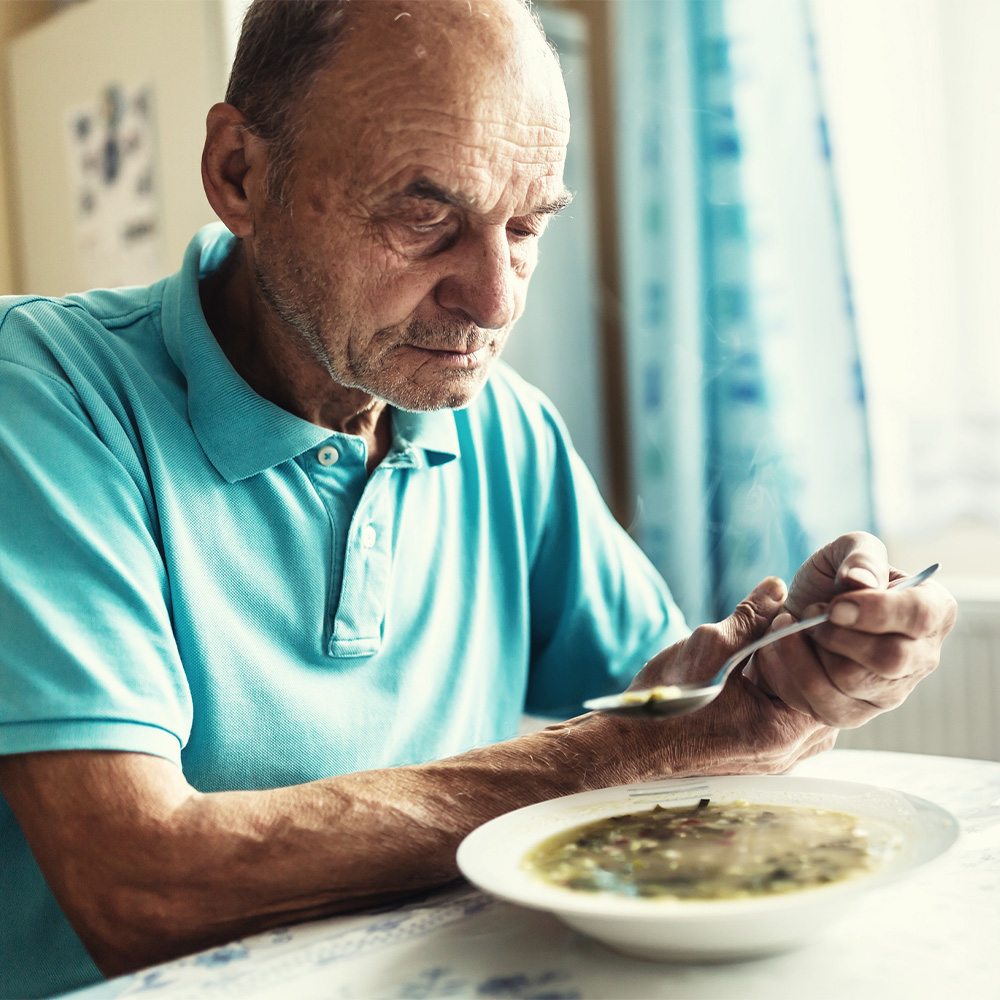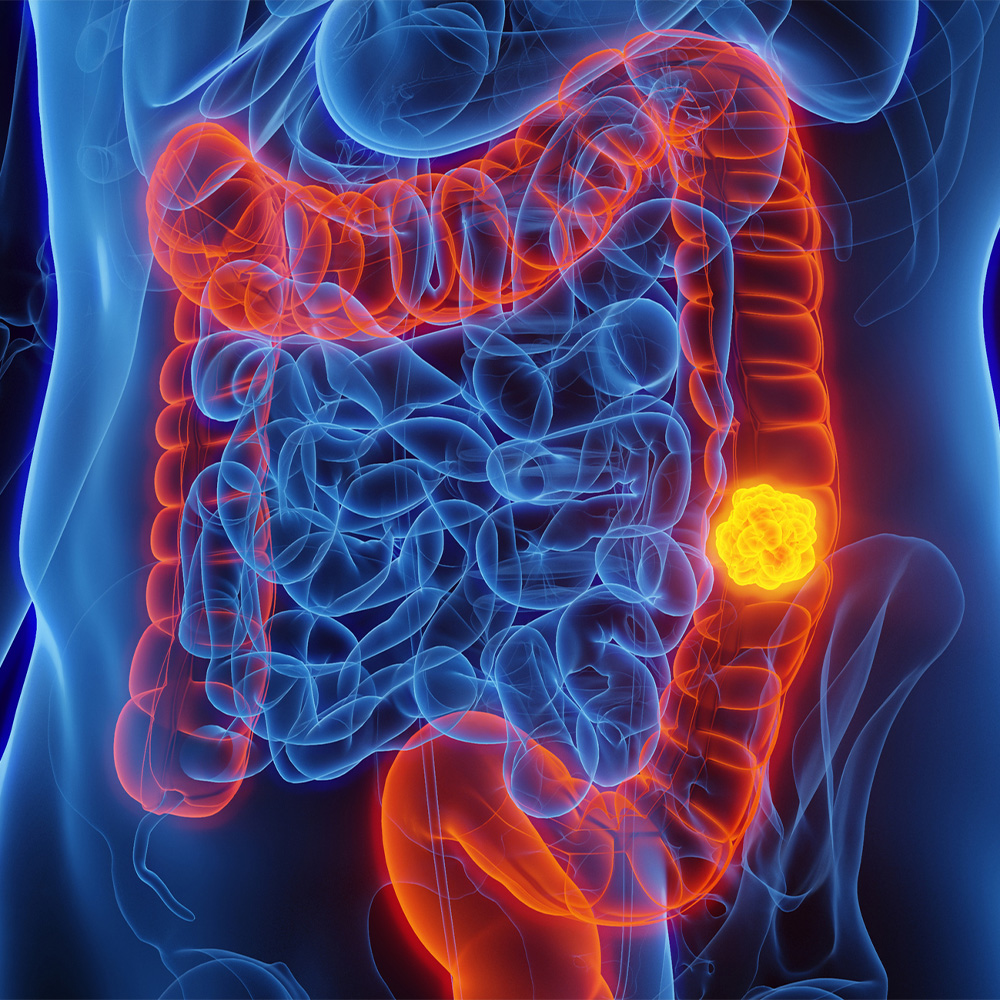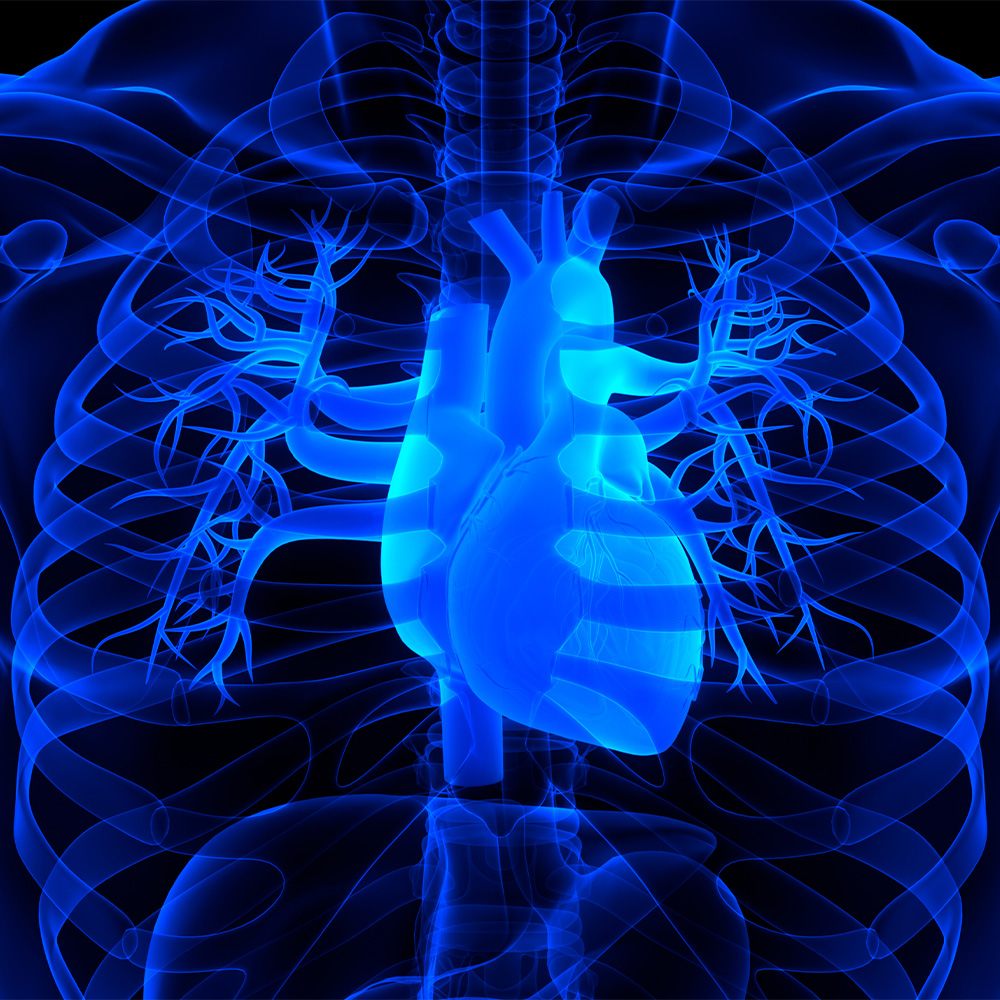Researchers solve structure of protein linked to developmental problems
DALLAS – February 2017 – UT Southwestern researchers have solved the crystal structure of the yeast version of a protein that is crucial for human development.
The Scc2 protein helps regulate cohesin, a protein machine that entraps chromosomes inside its ring and regulates cell division. Cohesin is also active in gene transcription – the process through which genes are turned on to produce messenger RNAs. Mutations in cohesin subunits and regulators can disrupt transcription and cause human developmental diseases called cohesinopathies.

“Common features of cohesinopathies are slow growth, short stature, small head, intellectual disability, limb defects such as missing digits, and heart defects,” said Dr. Hongtao Yu, Professor of Pharmacology at UT Southwestern and senior author of the study, published recently in Proceedings of the National Academy of Sciences.
Solving the protein’s crystal structure may lead to a better understanding of its mutations and, possibly, new treatments for cohesinopathies, Dr. Yu added.
Based on X-ray crystallography data from a particle accelerator at Argonne National Laboratory, the research team solved the structure of the protein sister chromatid cohesion 2 (Scc2), which interacts with the cohesin protein complex. Scc2 helps open the cohesin ring and load it onto chromosomes during cell division. It is the most frequently mutated cohesin regulator in cohesinopathies, said Dr. Yu, also a Howard Hughes Medical Institute Investigator.
Because the human Scc2 protein has been difficult to produce, researchers studied the yeast version, which is highly similar to the human one. “The structure of Scc2 tells us where the mutations lie in the protein. Many of these mutations prevent the association of Scc2 with cohesin,” Dr. Yu said. “Based on these findings, we believe the interaction between cohesin and Scc2 might be important for human development.”
In the next phase of its investigation, the research team will use the Titan Krios – one of UT Southwestern’s new cryo-electron microscopes – to further study and visualize the cohesin-Scc2 complex. Researchers expect these snapshots will show how Scc2 performs the magic of cohesin ring opening.
The team will also use Scc2 to load cohesin onto DNA in a test tube and then determine whether cohesinopathy mutations disrupt the loading process.
Dr. Yu holds The Serena S. Simmons Distinguished Chair in Cancer Immunopharmacology and is a Michael L. Rosenberg Scholar in Medical Research.




